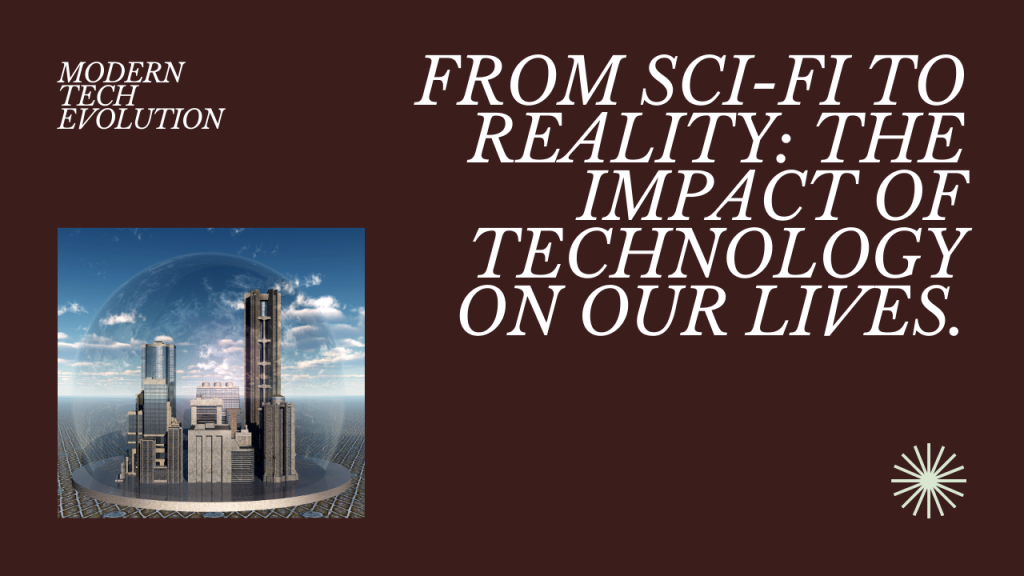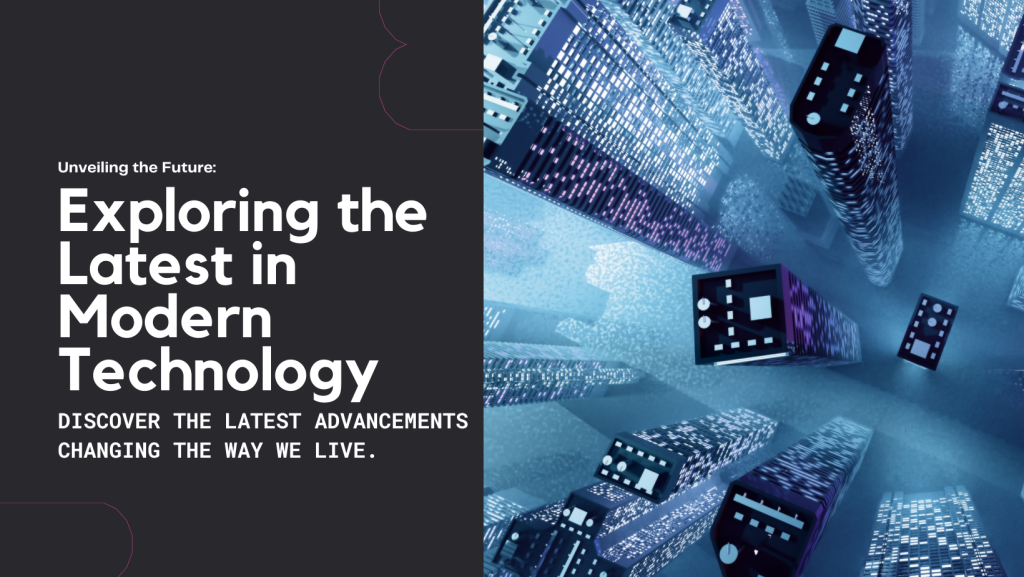The journey of artificial intelligence (AI) from its inception to its current state is a testament to human ingenuity and technological advancement. Beginning with the pioneering work of Alan Turing in the mid-20th century, AI has evolved from theoretical concepts to practical applications that permeate nearly every aspect of modern life.
Alan Turing laid the groundwork for AI with his seminal paper “Computing Machinery and Intelligence,” where he proposed the famous Turing Test as a measure of a machine’s intelligence. His work not only sparked interest in the possibility of creating intelligent machines but also set the stage for decades of research and development in the field.
In the decades that followed, researchers made significant strides in AI, developing algorithms and techniques for solving complex problems and emulating human-like intelligence. Early AI systems focused on tasks such as playing games, language translation, and pattern recognition, paving the way for practical applications in areas like finance, healthcare, and manufacturing.
The advent of neural networks and deep learning in the 21st century marked a major milestone in the evolution of AI. Inspired by the structure and function of the human brain, these algorithms enabled machines to learn from vast amounts of data and perform tasks with unprecedented accuracy and efficiency. From image recognition and natural language processing to autonomous vehicles and virtual assistants, deep learning has revolutionized the capabilities of AI and accelerated its adoption across industries.
One of the most significant developments in recent years is the rise of transformer models, such as OpenAI’s GPT (Generative Pre-trained Transformer) series. These models leverage large-scale neural networks and pre-training techniques to achieve remarkable results in tasks like language understanding, text generation, and image synthesis. With their ability to process and generate human-like text and images, transformer models represent the cutting edge of AI research and have the potential to reshape how we interact with technology in the years to come.
From Turing’s theoretical groundwork to the transformative power of modern transformer models, the evolution of AI has been characterized by relentless innovation and exponential growth. As researchers continue to push the boundaries of what is possible, AI promises to play an increasingly central role in shaping the future of humanity.








